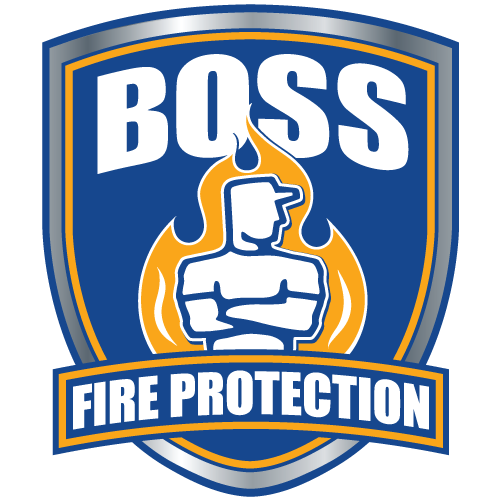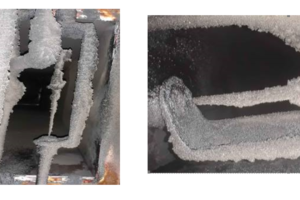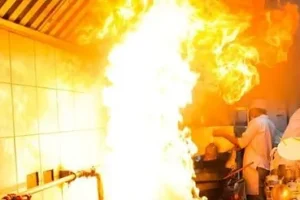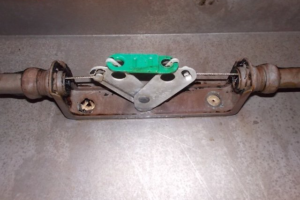Making sure your kitchen’s fire suppression system works right is a big deal for business owners. There’s this important part called the Nozzle Cap that stops grease from piling up in the system. If these caps aren’t on properly, your system might not work if there’s a fire.
When us certified technicians check things twice a year, we often find that about 30% of these Nozzle Caps are messed with or not in the right place. Here’s a smart move: take a walk around your kitchen every day and check if the caps on the nozzles above your appliances are in place. If they’re off for too long, your fire system might not work right when it needs to because the special stuff that puts out the fire can’t get through.
Now, let’s add five steps the facility can take to ensure nozzles stay free from grease accumulation:
- Regular Walk-Throughs: Make it a habit to check the nozzle caps over your appliances every day. This quick walk-around helps ensure they are in place and working correctly.
- Scheduled Inspections: Plan regular inspections by certified technicians at least twice a year. They can catch any issues early and make sure everything is in top shape.
- Employee Training: Educate your kitchen staff about the importance of nozzle caps. Encourage them to report any issues they notice during their daily tasks.
- Timely Repairs: If any nozzle caps are damaged or missing, fix or replace them right away. Don’t wait, as this could affect the system’s performance.
- Educational Sessions: Arrange sessions with technicians to educate facility staff about the critical role of nozzle caps and how to maintain them. Understanding the importance will encourage everyone to take it seriously.
Look at the picture in the article. That nozzle above the cooking appliance? It got ignored, and now the grease stuck to it because of the heat. That means it won’t work if there’s a fire.
If you need new nozzle caps or have questions about your fire system, call Boss Fire Protection at 972-704-1821. They can even send a technician to explain more about why these nozzles and caps are so important.





